(Last updated March 2024)
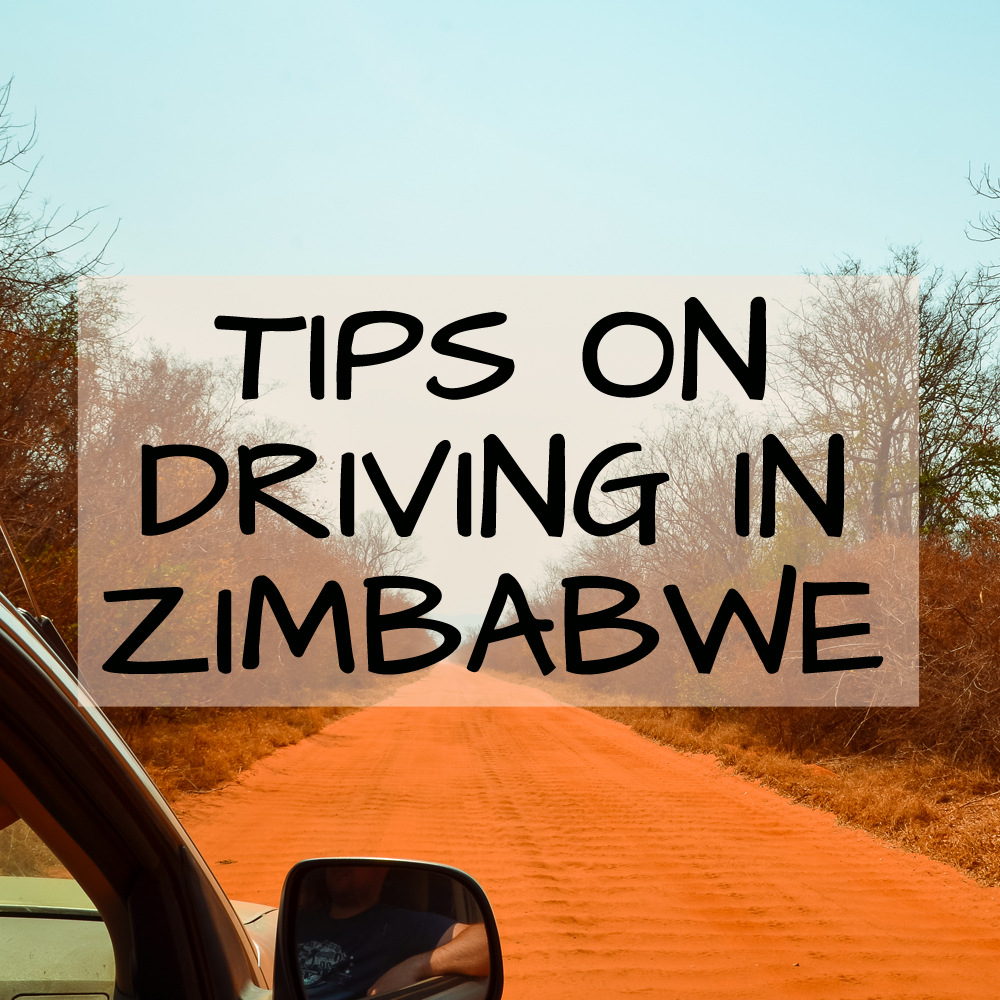 Information about driving in Zimbabwe
Information about driving in Zimbabwe
Driving yourself around Zimbabwe means you have more independence, which often provides a more authentic experience.
Self-driving is one of the best ways to explore the country’s national parks – but bear in mind that if you’re going into the bush or a national park, a 4×4 is highly recommended.
It’s probably best to fly into a city and then rent a car, rather than driving through one of the borders from South Africa. At the moment, the Beitbridge border from South Africa isn’t recommended for first-time visitors, as the delays and paperwork can be time-consuming (more info on this at the bottom of this post).
Zimbabwe’s roads are better than in many other countries in Africa, but you will need to stay vigilant for speeding vehicles and animals crossing. The scenery and sheer expanses of sun-scorched bush will make an unforgettable backdrop to your journey.
This post contains a list of car hire and shuttle companies in Zimbabwe, followed by top tips on driving in Zimbabwe, and then some FAQs about police road blocks, cost of fuel, etc.
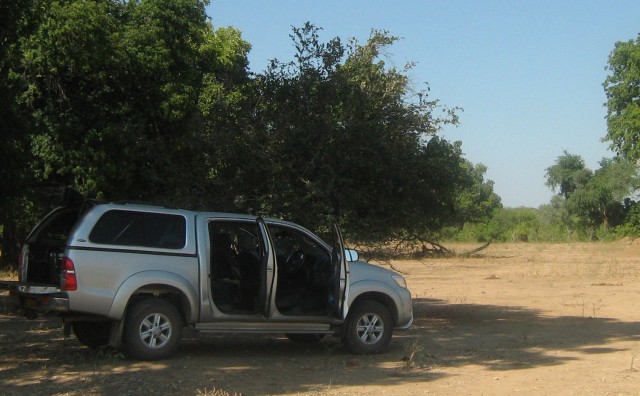 Car hire companies in Zimbabwe
Car hire companies in Zimbabwe
- ManaPools.com – fully-kitted 4×4 rentals service with depots in Harare and Victoria Falls. Also offers ‘arrive & drive’ supported itineraries (more info on their FAQ article here)
- Overlanding with Bruce – offroad 4×4 vehicle hire. Also offers guided group tours and more
- Avis – pickup/drop-off in Harare, Bulawayo and Victoria Falls. 4x4s also available
- Zimbabwe Car Hire – pickup/drop-off in Harare, Bulawayo and Victoria Falls. 4x4s and children’s car seats also available. Also offers hired drivers
- CarHire 3000 – pickup/drop-off in Harare, Bulawayo and Victoria Falls
- Europcar – pickup/drop-off in Harare, Bulawayo and Victoria Falls
- Impala – pickup/drop-off in “countrywide city and airport locations” according to their website. 4x4s also available
- Rockshade – pickup/drop-off in Harare and Victoria Falls. Also rents coaches. 4x4s also available
- Safari4x4 Hire – pickup/drop-off Harare International Airport. 4x4s also available
- Zimba Car Hire – pickup/drop-off Harare International Airport and City Centre. 4x4s and children’s car seats also available
- 4×4 Hire – for longer-term vehicle hire (14 days +). 4x4s also available
- Africa 4×4 Cafe – rents and sells 4x4s in Africa, including Zimbabwe
- Bushlore – this South African company has has a range of safari camping 4×4 vehicles as well as camping equipment for hire. Although they don’t have depots in Zimbabwe then can drop off the equipment/vehicle to cities in Zimbabwe for an additional fee
You can contact the companies directly (usually via Whatsapp or email), or use a local Zimbabwe tour operator to provide quotes and book for you. The above list is by no means exhaustive.
Breakdown assistance: see DRIVE Zimbabwe Roadside Assistance and the Automobile Association of Zimbabwe: a wise choice that could be invaluable if your car breaks down.
Shuttles: Alternatively, you could get a shuttle company to drive you between cities. This is a great option if you feel nervous about navigating the roads on your own. Here are some reputable shuttle companies in Zimbabwe and links to their websites: GoDirect, Shumba Shuttle, Hilton Transfers, Hersov Tours, Elite Premier, Samaita, Wild Horizons (Victoria Falls and surrounds only) and Shuttle Direct (Harare only). Also, Black Rhino Safaris offer transfers and tours to Harare, Bulawayo, Matopos, Victoria Falls, Great Zimbabwe and other locations in Zimbabwe. Groups can contact the shuttle companies above, Pesha Safaris ([email protected]) or Shumba Shuttle.
Top tips on driving in Zimbabwe
- When driving late at night, approach traffic lights slowly, and if all looks clear, proceed carefully across the junction, even if the light is red. Night car hijacks do sometimes happen, usually at traffic lights.
- Approach roadblocks at very low speeds, with hazard lights on, your window rolled partially down, greet the police officers with a smile, and they will most likely wave you through. More info on police roadblocks is further down this page.
- Keep all valuables where they belong: somewhere safe and out of sight. This means putting handbags under car seats, for example.
- Don’t stop at the side of open roads between cities if possible – plan your breaks so that you can use restrooms and eating facilities in towns along the route. Chicken Inn food centres are found in most towns and are adequate for this sort of thing.
- Keep a copy of your medical insurance and MARS numbers in the cubby hole and in your handbag. Phone numbers are: MARS Harare: (+263 4) 771221; MARS Victoria Falls: (+263 13) 446 46.
- Political demonstrations sometimes occur in the city centres. These are not a direct threat to tourists, but to avoid possible disturbance and traffic, choose routes that go through the northern and eastern suburbs of Harare rather than directly through the city centre.
- On inter-city roads there are a number of toll gates which cost $2 each, payable in cash.
- Also see Tips on safety in Zimbabwe.
- Have a read of some of our articles on the blog about self-driving in Zimbabwe.
FAQs about driving in Zimbabwe
I’ve heard about police roadblocks on the roads. What are they like?
It is commonplace to go through police roadblocks in Zimbabwe along main roads. These blocks are theoretically in place to check that vehicles are working properly, and to deter speeding, so they are necessary in a country without MOTs or permanent speed cameras. However, due to the poor economy in Zimbabwe, the police have become increasingly finicky about road regulations, and are eager to penalize drivers with fines of around $20 a pop.
You will need to keep your driver’s licence accessible, and display it for a police officer if requested. You can unwind your window down enough to have a conversation, but hold your licence against the lower glass rather than handing it over (unless specifically asked). Greet the police officer with a ‘good morning’ or a ‘good afternoon’, ask them how they are, and respond with geniality. Greetings are important in Zimbabwe, and it’s best not to rush through them.
Your vehicle should come equipped with all the legal necessities. For example, police can check that your car has a recently serviced fire extinguisher and reflective triangle in the cab. The police are usually not hostile unless they are challenged, and they concentrate their efforts on locals rather than tourists (who they will often wave through with a smile).
One positive change that occurred when the new president of Zimbabwe gained power in 2017 was that there were fewer police roadblocks and the police became fairer with drivers on the roads. Pre-2017, there was a time when fines were imposed frequently, but this is no longer the case.
Do not stop at a police roadblock if it is manned by fewer than 3 policemen. Roadblocks manned by 1 or 2 policemen are illegal and may be a dummy trap.
Police cavalcades: If you hear sirens, or see motorbikes and other vehicles with flashing lights, pull off the road immediately and as far on to the grass as possible. The flashing lights usually mean that the President’s cavalcade is coming past – stay out of trouble by moving completely off the road.
There is also a Facebook group called Dear ZRP which is a forum for discussion and advice on road travel.
How much does fuel cost and where do I buy it?
Petrol is roughly US $1.55 per litre (blend) and diesel is US $1.50 per litre (as of March 2024).
Fuel is available at refilling stations in most cities and towns, but try to keep your tank above the quarter-mark, just to be on the safe side. If you’re going on a long journey, keep a can of spare fuel in your vehicle in case one of the outlying towns haven’t had a recent delivery. Also read our article about the cash shortage in Zimbabwe.
Who can drive in Zimbabwe?
Anyone with a valid English-language license containing a photograph can use it in Zimbabwe for up to 90 days. For non-English-language licenses, apply for an International Driving Permit from your local AA. You can then use this IDP in Zimbabwe alongside your local license. Holders of foreign licenses are not obliged to apply for Zimbabwean licenses. Foreign photo licenses are legal and valid forms of ID, but carry a certified copy of your passport just in case you are asked for it (this will save you needing to hand over your original passport).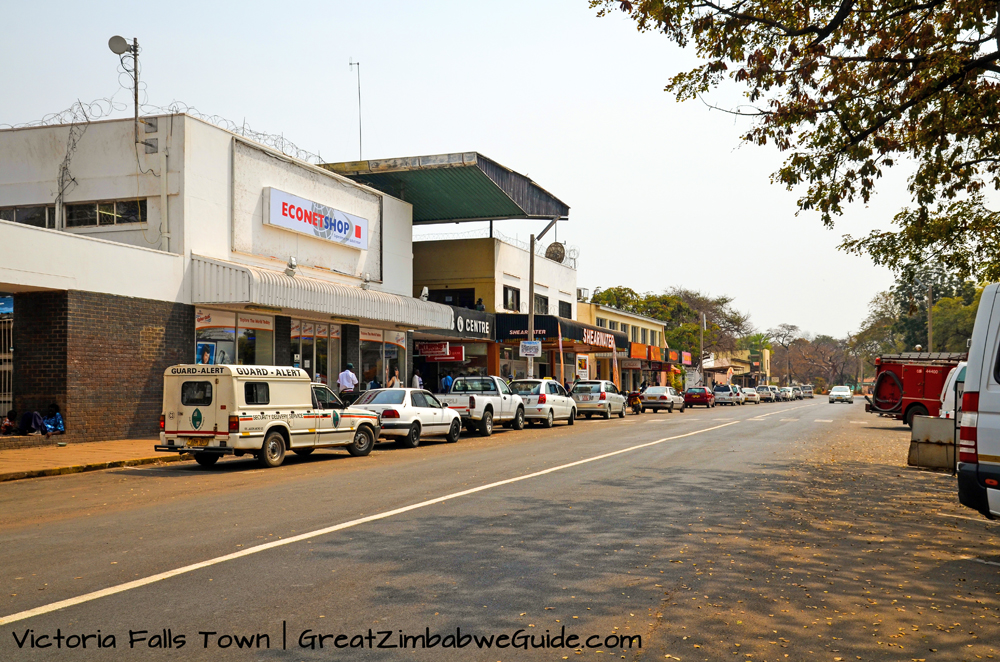
What are the road conditions and navigation like?
Most of Zimbabwe’s roads are tarred and in pretty good shape compared to a lot of other African countries. Road signs to other cities are usually clearly visible. This means that driving between cities is fairly easy. Google Maps are also fairly accurate on the main routes, so print out some directions before your trip if you can.
Here’s a link to a travel journal of a Zimbabwe self-drive trip in 2016, if you would like to read about one visitor’s experience of the road conditions. I visited in August 2017 and found that there were many potholes on non-main roads in the cities, but generally, main roads were not too bad. An exception is the road from Makuti to Kariba which is disintegrating badly. However, if you drive slowly and have a 4×4 vehicle, you will be well equipped. Avoid travelling long distances at night as there are few streetlights on intercity roads.
There are no complex highway or junction systems to get your head around. At a roundabout, drivers must give way to traffic on the right and to vehicles already circulation on the roundabout. Seat belts are compulsory for front seat occupants of the vehicle if fitted. Goats, dogs and cattle can wander onto roads outside cities, so as always, be vigilant.
There may be police blocks outside cities and towns – these are usually uneventful and may require a test of your brake lights or a show of your license.
Speed traps are common so keep your eyes peeled for speed limit signs. In general, slow down to 60 km/h when you approach towns and cities. (Read the info on police road blocks above.)
As of 2024, Tracks4Africa also have a paper map of Zimbabwe as well as GPS maps.
See the ‘On the road’ photo gallery for photos of some self-drive holidays in Zimbabwe.
Can I do a guided self-driving tour?
Absolutely. If you would prefer to travel in a group, there are some 4×4 overlanding car hire companies that also offer guided itineraries. See the list of car hire companies above.
What if I need airport transfers/short transfers around a single city in Zimbabwe?
One option is to arrange the transfer with your hotel/lodge in advance. They would be more than happy to do so, and will know the most reliable companies to use.
Here are some reputable shuttle companies in Zimbabwe and links to their websites: GoDirect, Shumba Shuttle, Hilton Transfers, Hersov Tours, Elite Premier, Samaita, Wild Horizons (Victoria Falls and surrounds only) and Shuttle Direct (Harare only).
Also, Black Rhino Safaris offer transfers and tours to Harare, Bulawayo, Matopos, Victoria Falls, Great Zimbabwe and other locations in Zimbabwe. Groups can contact the shuttle companies above, Pesha Safaris ([email protected]) or Shumba Shuttle.
There are usually a host of taxis waiting outside the airport, but it’s more reliable to use a taxi company that you’ve booked in advance.
How do I take a car over the border into Zimbabwe?
You’ll need:
- Valid passport of the driver.
- Vehicle registration book in the name of the driver.
- Letter of authority from the registered owner if vehicle is not owned by the driver.
- Temporary exportation document from the Customs authorities in the country from where the visitor is coming from.
- In your car: a fire extinguisher, warning triangles, a serviceable spare wheel and an efficient jack and a wheel spanner. Two white reflex reflectors are required on each side of the front bumper and two red reflex reflectors on each side of the rear bumper.
- At the border, you will get a small piece of stamped paper at the entrance, called a Gate Pass.
- At the Customs (Zimra) counter, complete a form called “Temporary Import Permit” (TIP) for the vehicle. This is free.
- Pay Carbon Tax which is payable in US$, Euro, Rand or Pula. The fees differ depending on the engine capacity of the car and are betwen US $6 and $30. Here’s a link to the Zimra website showing Carbon Tax fees.
- Pay Road Access Fee, around US $10. Here’s a link to the Zimra website showing Road Access Fees.
- 4x4s pay for a CVG (Commercial Vehicle Guarantee), around US$ 50
- Entrance toll fees will also be payable.
Here’s a link to an article from the Zimbabwe Revenue Authority (Zimra) on bringing a vehicle into Zimbabwe.
 On Amazon, you can buy Bradt’s 2019 Zimbabwe Travel Guide, which also has a section about self-driving in Zimbabwe.
On Amazon, you can buy Bradt’s 2019 Zimbabwe Travel Guide, which also has a section about self-driving in Zimbabwe.
If you choose to purchase items via the links on this website, we may earn a commission, at no extra cost to the reader.
See more articles:
- Transport in Zimbabwe – information about other means of transport in Zimbabwe
- Zimbabwe self-drive articles – a list of posts that relate to self-drive holidays
- Zimbabwe travel quick reference guide – more travel-related articles.
You might also be interested in these articles:
Great Zimbabwe Guide gives travel tips, information and inspiration about Zimbabwe, Africa. We share stories of Zimbabwe’s talented people, world-class wilderness & wildlife safari experiences, all wrapped up in an unmatched climate.
Do you have a question about visiting Zimbabwe? Start with the Quick-reference list of travel advice.
To ensure you don’t miss anything, sign up for email newsletters on our Contact page.
![]()
![]() Follow Great Zimbabwe Guide on Facebook and Instagram for more photos, videos, tips & stories about Zimbabwe.
Follow Great Zimbabwe Guide on Facebook and Instagram for more photos, videos, tips & stories about Zimbabwe.
————–
Read our dedicated travel guide pages with information about Harare | Bulawayo | Victoria Falls | Great Zimbabwe Ruins & Monument
#selfdrive #4×4 #selfdriveafrica #overlanding

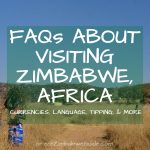
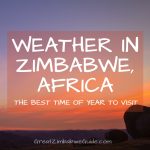
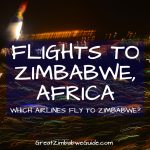
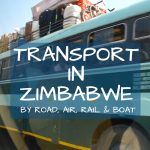
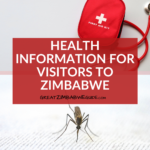
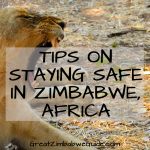
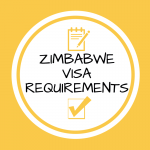
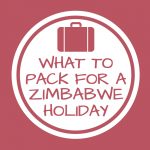
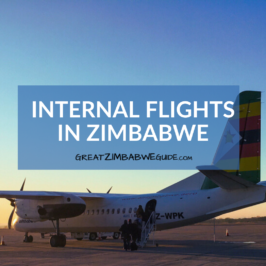

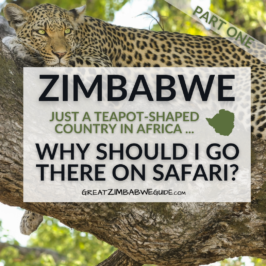
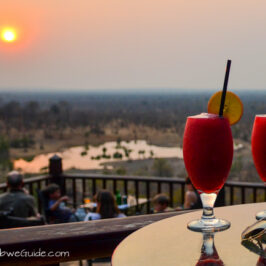
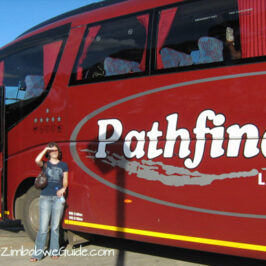
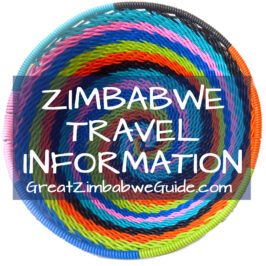
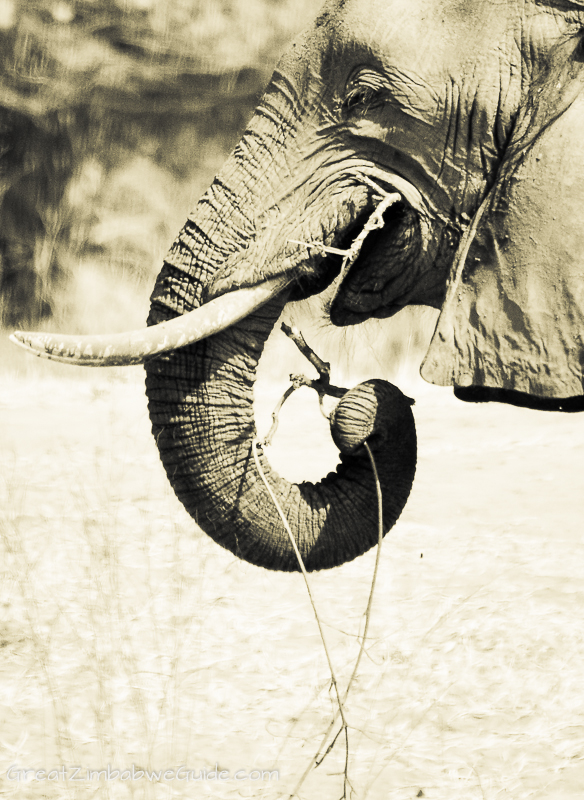
Leila Carlyle
Thanks for all this. Really useful information, much appreciated.